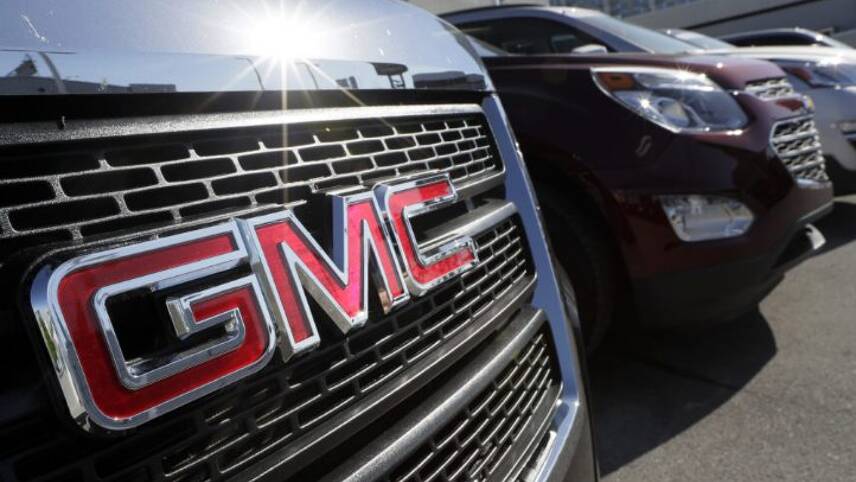Register for free and continue reading
Join our growing army of changemakers and get unlimited access to our premium content

To date
The company confirmed the achievement in its ninth annual sustainability report, which states that its new carbon aim will be to reduce emissions by 31% by 2030, against a 2010 baseline. The goal is in line with the Paris Agreement’s 2C trajectory.
According to GM, the new aim will help deliver on its vision to create a world with “zero crashes, zero emissions and zero congestion”. This vision was first unveiled in summer 2016 by company chairman and chief executive Mary Barra.
Since then, GM has pledged to double the quantity of resources it allocates to electric vehicle (EV) and autonomous vehicle programmes by 2020, against a 2016 baseline. Its new sustainability report reveals that the company will debut new EV battery architecture – a collection of three drive units which can be used to build everything in its portfolio – through its Cadillac brand later this year. Elsewhere, GM is developing a fully electric truck.
The new report additionally highlights the work GM is doing to help the improvement of EV infrastructure accelerate to match the pace in rising EV sales. It announces a new partnership with charging network EVgo, charging software firm Greenlots and infrastructure company ChargePoint, aimed at boosting access to a US-wide network of more than 31,000 charging points.
“For years, we have said that the auto industry is experiencing more change today than in the past 50 years and that pace of change is only accelerating,” GM’s Barra said.
“With the right team, technology, resources and scale to achieve our vision, I believe the only thing that can stop us is not acting quickly enough. Disruption creates uncertainty, but it also creates vast possibilities that will lead to a better world.”
To date, only one other automaker – Groupe Renault – has had its science-based targets approved by the SBTi. It is working to reduce its Scope 1 and 2 emissions produced per car manufactured by 60% by 2030, against a 2012 baseline, and has also pledged to recude Scope 3 emissions from product use by 41% per kilometre travelled by 2030, against a 2010 baseline.
A further 20 car companies, including the likes of Daimler, Honda, Toyota, Nissan and Yamaha UK have committed to set approved science-based targets in the next two years.
Sarah George


Please login or Register to leave a comment.